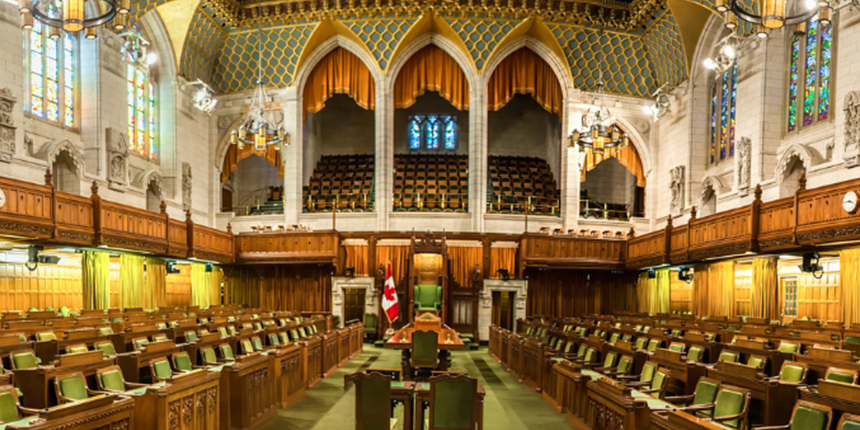

Engineers Canada has submitted its annual pre-budget recommendations to the federal government in advance of the 2025 budget. This year’s submission includes four recommendations relating to climate-resilient infrastructure, STEM education for Indigenous people, equity, diversity, inclusion, and accessibility in engineering, and licensing of engineers in the federal public service.
First, as the Government of Canada ties federal infrastructure funding to housing construction, Engineers Canada is calling on the government to ensure that the principles of resiliency, climate change mitigation and adaptation, and energy efficiency are foundational. For example, it calls on the government to work with provinces and territories to ensure the adoption of new resiliency and climate change adaptation objectives by incorporating them into the National Building Code. It calls on the government to ensure that federal funding through the Canada Housing Infrastructure Fund enhances the resiliency of the built environment. And it urges the government to focus significant resources on modernizing Canada’s ability to produce and transmit energy to support goals related to GHG emissions in the building sector.
Second, Engineers Canada recommends that the government expand existing programs to support Indigenous post-secondary students with a focus on STEM education. It suggests that the government consult with Indigenous engineers to create and fully fund communities of Indigenous engineering training and practices in the post-secondary sector. It recommends targeted initiatives to expand access to post-secondary engineering education for First Nations, Inuit, and Métis students. And it calls on the government to continue funding for the Post-Secondary Student Support Program and the Post-Secondary Partnerships Program to support First Nations students and institutions while negotiating post-secondary models with First Nations.
Third, Engineers Canada urges the government to leverage federal funding and policy tools to improve equity, diversity, inclusion, and accessibility in engineering. It recommends addressing cultures of exclusion by implementing the recommendations included in the Employment Equity Act Task Force Report. Further, it calls on the government to catalyze culture change in workplaces by funding training and accountability initiatives, including by using federal regulatory tools, procurement practices, grant funding, and other policy levers. It also recommends the government provide a long-term and sustainable funding model for youth programming, including the Support for Student Learning Program and the Student Work Placement Program, and to create additional funding streams under these programs to support girls and women, Indigenous people, Black people, people of colour, 2SLGBTQ+ persons, and people with disabilities to access early STEM educational opportunities.
Lastly, Engineers Canada calls on the government to review the existing qualification standards for engineers in the public service to ensure the licensure of public servants where required by provincial and/or territorial legislation. For many years federal departments and agencies have filled engineering positions in the public service, particularly those categorized as EN-ENG, without requiring engineering licensure as a condition of employment. This lack of licensure requirement for performing engineering work poses potential risks to public safety. Engineers Canada urges the Treasury Board Secretariat to review the current qualification standards and make certification as a professional engineer in Canada a mandatory occupational certification requirement for all new positions at EN-ENG-03 level and above.
Read more about each recommendation in Engineers Canada’s pre-budget submission.


